From Skateboarding in a Warzone to Center Stage at the Oscars
American Director Carol Dysinger wins an Oscar for revealing the resilience of young Afghan girls with an unlikely second chance at an education.
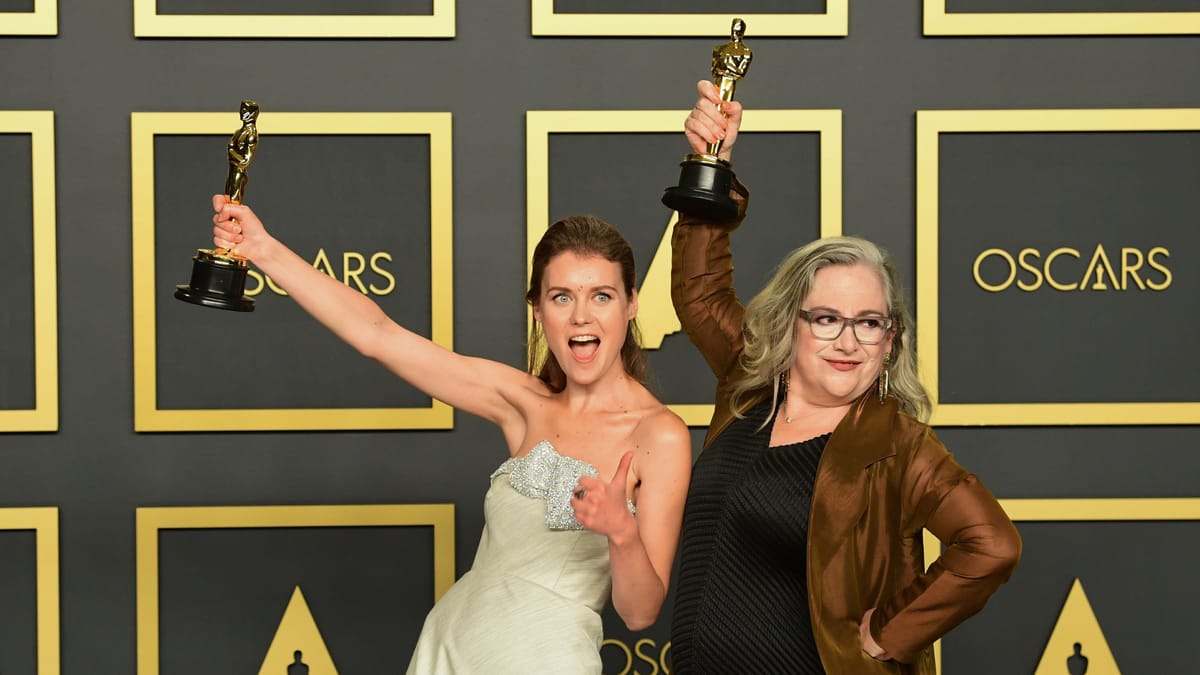
There are some places in the world where, for young women and girls, calling attention to yourself is dangerous. In the face of rigid cultural conditioning that partitions the sexes and limits women's potential, American Director Carol Dysinger has spent the past 15 years filming in Afghanistan. Ironically, Carol grappled with parallel gender-based limitations throughout her own career within the US.
“Great documentaries are made of access, and sometimes access is dangerous.”
With an all-female crew of three Western women and two Afghan women, Carol gained unprecedented access into the lives of these young girls. She won the Academy Award in the Best Documentary (Short Subject) category for Learning to Skateboard in a Warzone (If You’re a Girl) at the 92nd annual Academy Awards in Los Angeles on February 9, 2020. Then, of course, came the after-parties, such as the Vanity Fair party and another hosted at Beyonce and Jay-Z’s house, which prolonged Carol’s surreal evening. “Getting into a party like that is like swimming with mermaids.” In addition to her Oscar win, Dysinger took home a BAFTA for Best Short Film a week earlier.
“The thing that awes me is skill and artistry, not stardom.”
In her Oscar’s acceptance speech, Dysinger spoke about winning a Student Academy Award in 1977, presented to her by one of America’s most influential film directors, Frank Capra (It’s a Wonderful Life). “Suddenly you’re confronted with a wall of flashbulbs.” She credited the experience as the encouragement she needed to help her withstand the past four decades in the film industry - an industry that continues to grant more opportunities to men than women in gross disproportion. For example, the five nominees for best director of a feature-length film this year were all men. As Carol puts it, “Welcome to my fucking life.” (Listen to the full conversation on iTunes).
Looking back, Carol was confined to “The last wagon” of women from a generation who could not follow their passion in certain fields like law (she longed to be a Supreme Court justice), because those positions were almost exclusively reserved for men.
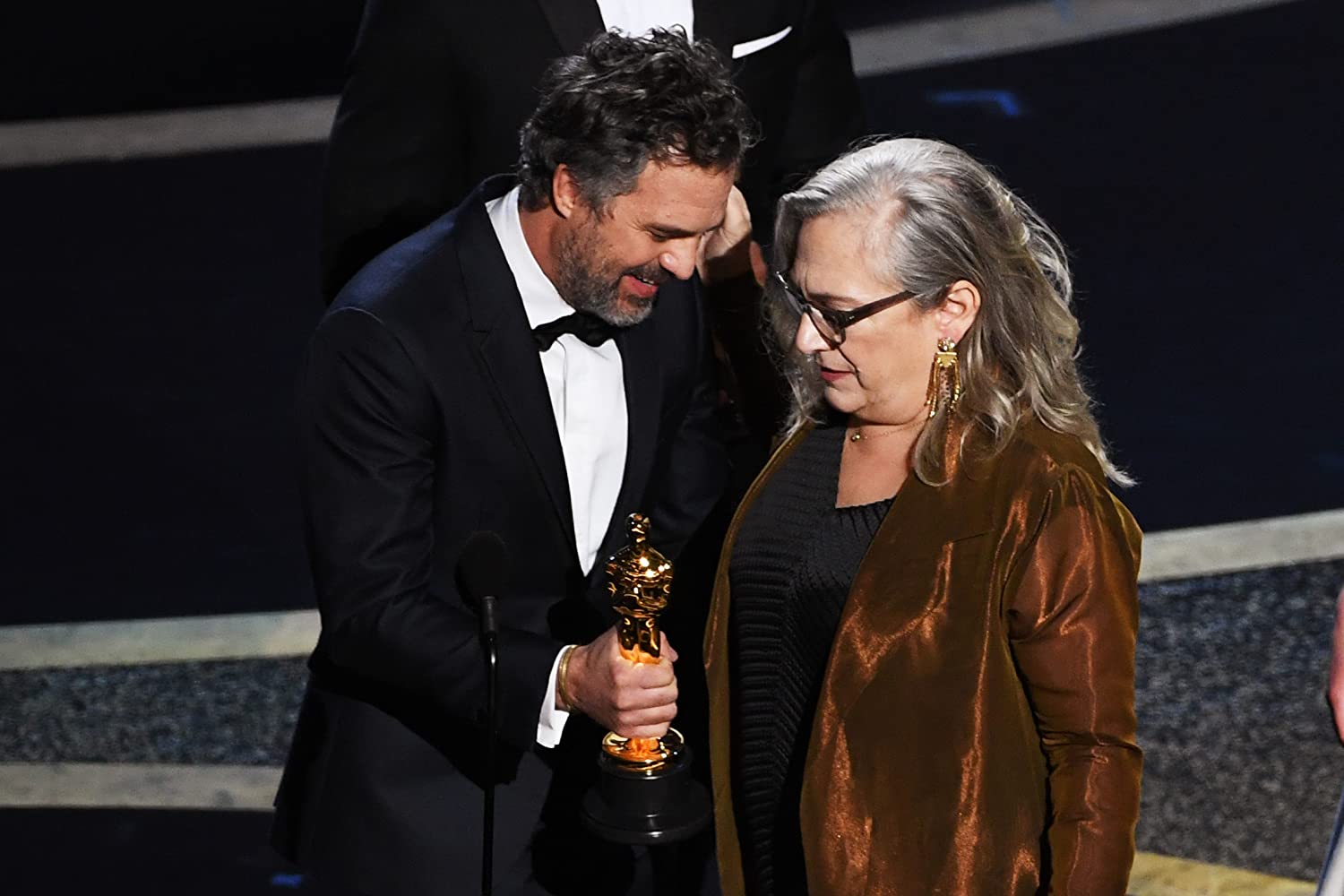
Carol started her career in the arts with acting and then dance in New York City, which led to dance-photography. “When I was in the darkroom, I got to meet film students who were actually making movies.” On a whim, she signed up for film school. “I stumbled into filmmaking, I really did.”
Her editing skills came as naturally as her ability to recognize governmental rhetoric.
Over her lifetime, Carol has maintained a passionate interest in examining the relationship between civil rights abolition and the women’s movement. In fact, she even carries a copy of the Constitution in her purse at all times. She realized the best way to synthesize her interests in history and constitutional law was to integrate them with her skills in filmmaking. Her stand-out editing skills, refined while editing music videos for The Clash, came as naturally as her ability to recognize governmental rhetoric. Carol’s multidisciplinary talents culminated in the decision to fly to Afghanistan in 2005 to film the critically acclaimed documentary Camp Victory Afghanistan. “At the age of 50, I finally figured out what I should be doing.”
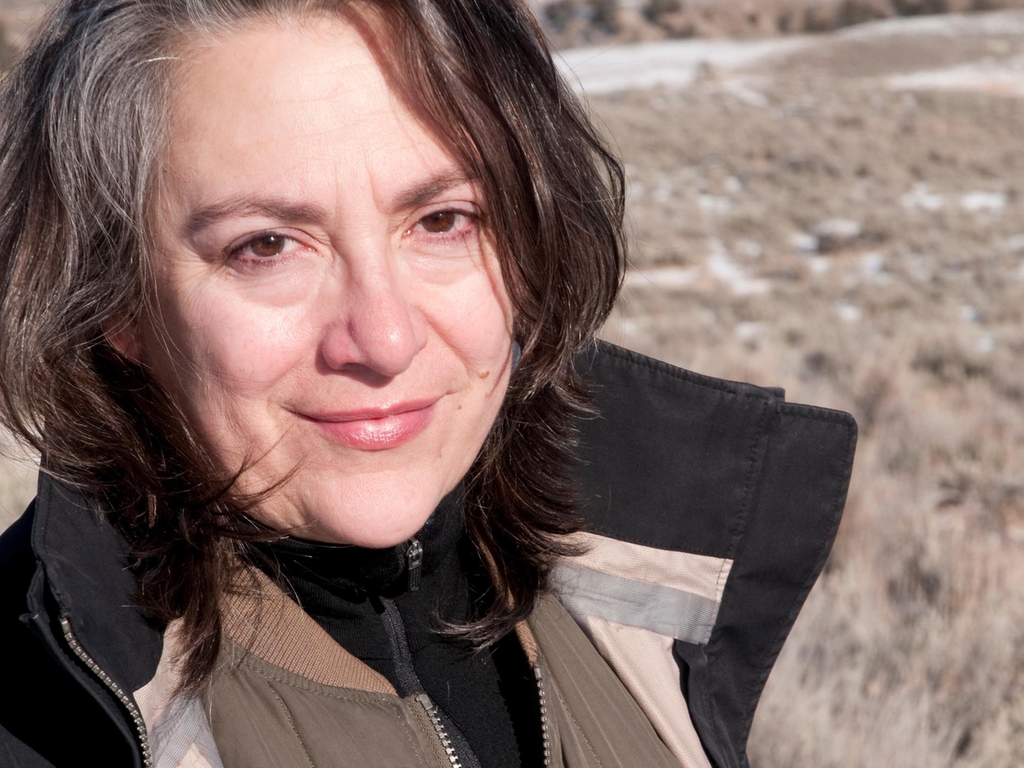
While Afghanistan remains an active warzone, Carol developed an affinity for the country’s immersive landscapes. “In Afghanistan, it’s gorgeous, it’s so beautiful, the mountains there are just extraordinary.” Yet, despite its natural beauty, Afghanistan is a very dangerous location to shoot, especially for Carol, who courageously embedded herself deeply within a culture that is less accepting of women’s rights than Western society. In Afghan society, “it’s very much like village life, where there is no safety net and you can’t necessarily trust that the government has your best interest at heart, so there are all these rules in place.”

In deciding to take on this Learning to Skateboard in a Warzone project, Carol recognized and appreciated the systemic problems that Skateistan was willing to take on - access to education and illiteracy. Skateistan offers a unique mixture of skateboarding lessons and school curriculum to underprivileged children in Afghanistan. Skateistan’s classroom teachings help the students who have lost access to school to reintegrate into their social fabric by returning back into school at the appropriate level. “Skateistan knows that by making sure that poor kids know how to read and write, and have a little play in their lives, that they are preventing a generation from taking desperate measures out of ignorance, illiteracy, and fear. It’s based on the love of something, not the fear of something, which I think is very rare.”
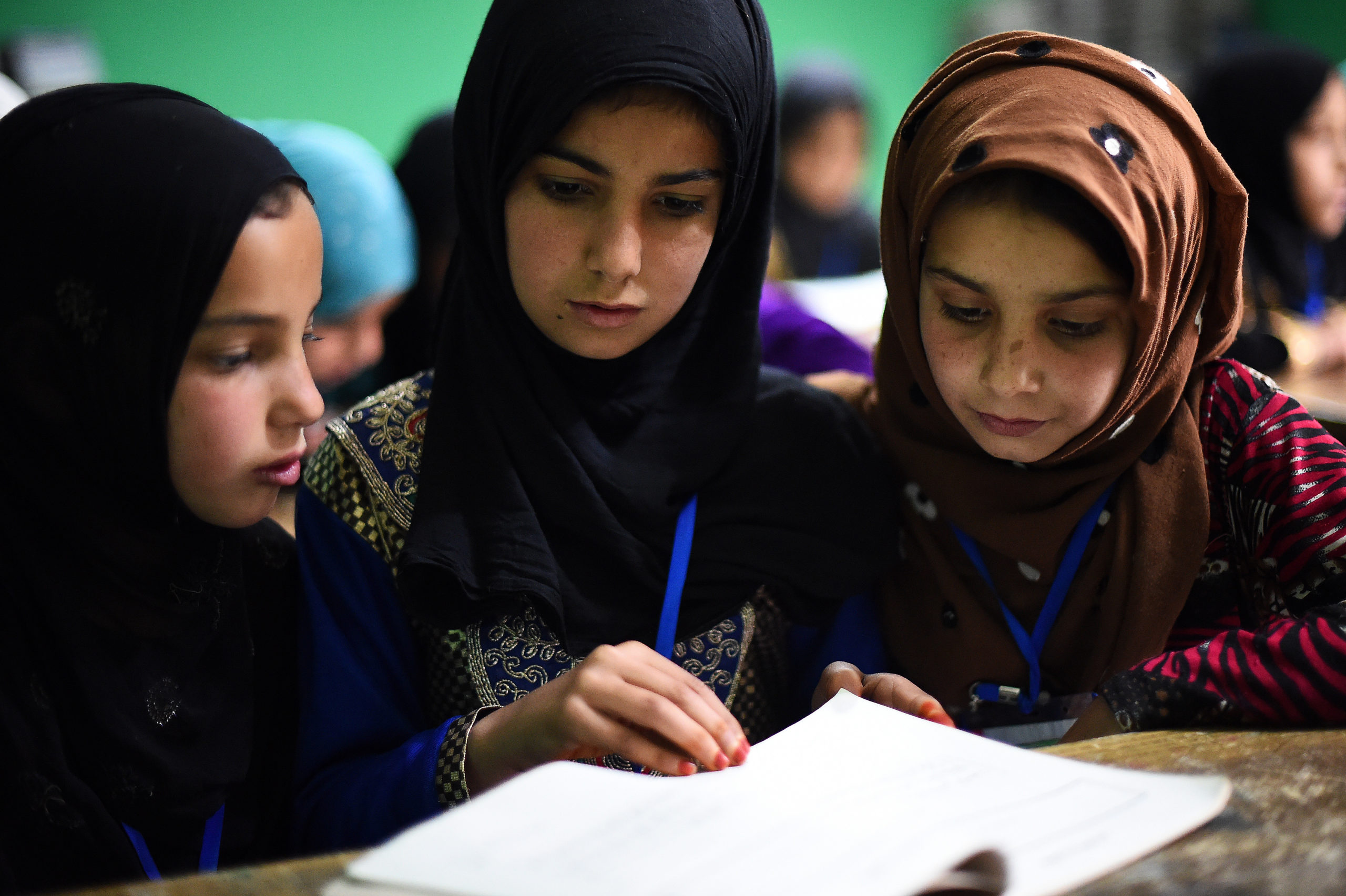
“Skateistan is preventing a generation from taking desperate measures out of ignorance, illiteracy, and fear.”
Skateistan’s literacy programs, therefore, are a targeted solution to a systemic problem. Afghan culture promulgates the archaic and oppressive tradition of maintaining the “Historical protectiveness of women as an asset,” especially in the limited contexts of labor and childbearing. The simple act of raising your hand in school is such a profound step for young girls in Afghanistan. “Skateistan teaches female students the lesson of how to make mistakes, which is not something an Afghan girl learns at home.” Moreover, skateboarding instructions reinforce a girl’s resilience and physical courage. As a teacher herself at NYU’s Tisch Graduate Film program, Carol innately connected with the educators at Skateistan. “Teaching is one of those jobs that you really have to be called to.”
https://youtu.be/ILmuqWCe2Yc
Learn more about Skateistan:
- How Skateboarding is Changing the Story for Kids in Need
- Part 2: The Skateistan Difference – Skate Schools to Build a Better Future
- Part 3: Skateistan Makes it Safe to Skate
- International Women’s Day: Skateistan’s Program Gives Girls a Unique Chance at an Education
In her previous documentary film, Camp Victory Afghanistan, released in 2010, Carol filmed military cooperation between the US National Guard and the Afghan National army in which the US troops trained the local soldiers. Compared to filming tactical meetings between military commanders, her experience filming Skateistan classrooms, that are exclusive to women and girls only, and thus free from the male gaze ingrained in a society that treats women disproportionately, was at the complete opposite end of the spectrum.
However, one of the common threads between Learning to Skateboard in a Warzone and Camp Victory is that 8 out of 10 ANA soldiers are illiterate. “For those of us who learned how to read and recognize symbols, it’s really hard for us to understand what it’s like to live in a world without it and it’s really hard for us to understand the millions of ways that it impacts a life.”
Pictured above, Dysinger meets Keanu Reeves and Skateistan ambassador Tony Hawk at the 2020 Academy Awards.
In this episode of The Outdoor Journal Podcast, Carol discusses what it was like to embed herself within a culture ingrained with antiquated traditions about women's rights, how she instantly connected with the young girls of Skateistan, and her experiences both on stage and behind the scenes at the Oscars. (Listen to the full episode on iTunes).
Learn more about Carol’s next project called One Bullet Afghanistan - an intimate longitudinal look at a family in crises through the eyes of its’ matriarch.
Follow Carol on Facebook.
Feature image: Carol Dysinger on the Oscar's red carpet with the film's producer Elena Andreicheva.



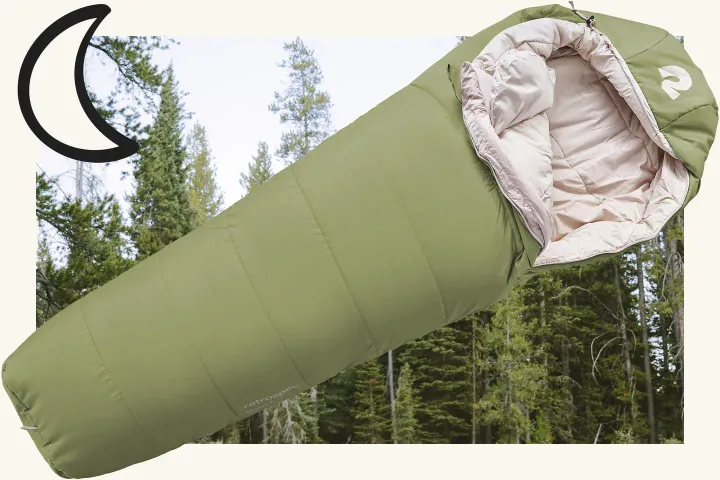
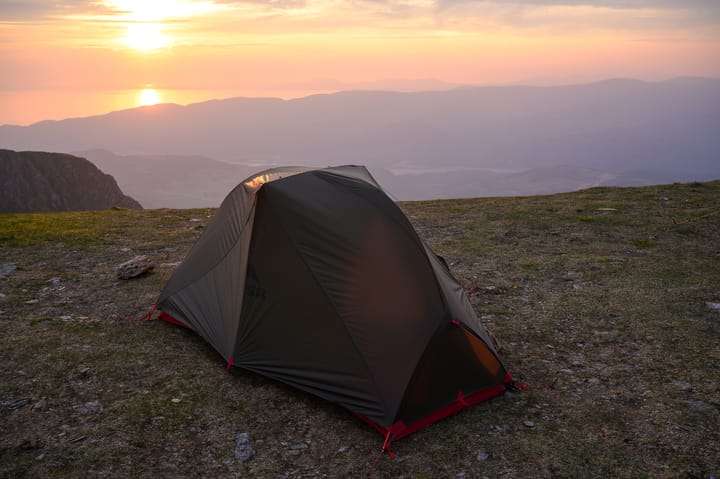
Comments ()